Dartmouth’s Best: It’s about the future
Senior Anthony Lee accepts the crown as the 2017 Mr. Dartmouth.
The event that in past years has been known as “Mr. Dartmouth” is undergoing a change this year: In an attempt to be inclusive, it has been changed to “Dartmouth’s Best,” and will be allowing anyone with interest to enter.
This change is a positive one, as anyone that is interested can now participate, as it is no longer male-only. The event is always enjoyable for people in town, and it’s a large fundraiser for the junior class. The only difference between “Mr. Dartmouth” and “Dartmouth’s Best” is that people are not forced to sit on the sidelines because now anyone can participate.
Some members of the Class of 2020 have expressed their distaste at the idea of change to one of our traditions. While change can be difficult, it is hard to see how this is a negative change at all. Changing an outdated exclusive tradition into one that everyone can participate in is clearly an improvement. Students are upset with the change because they would rather exist in their comfortable inequity than give everyone equal opportunity. “Dartmouth’s Best” is for fun and making it inclusive does not change how enjoyable the event is.
Students who are upset about the change have nothing to be upset about. Personally, I am suspicious of the individuals who have decided that they are against the change. Clearly they have no problem with the inclusivity, or including people that otherwise would be excluded, but maybe they see it as a sign of things to come. The privileged teenagers who are complaining about it must see it as a challenge to their way of living. Maybe they are afraid of changes in the future creating equity and making it harder for them to succeed because everyone is treated equally.
Changing “Mr. Dartmouth” to “Dartmouth’s Best” isn’t a big deal, and it does nothing but benefit those who want to participate, but people are seeing it as a threat to their privilege.
This has parallels to the current political climate, as many conservatives see equality as a threat to their well-being. The people who oppose this change don’t have a problem with what is changing, but what is to come.

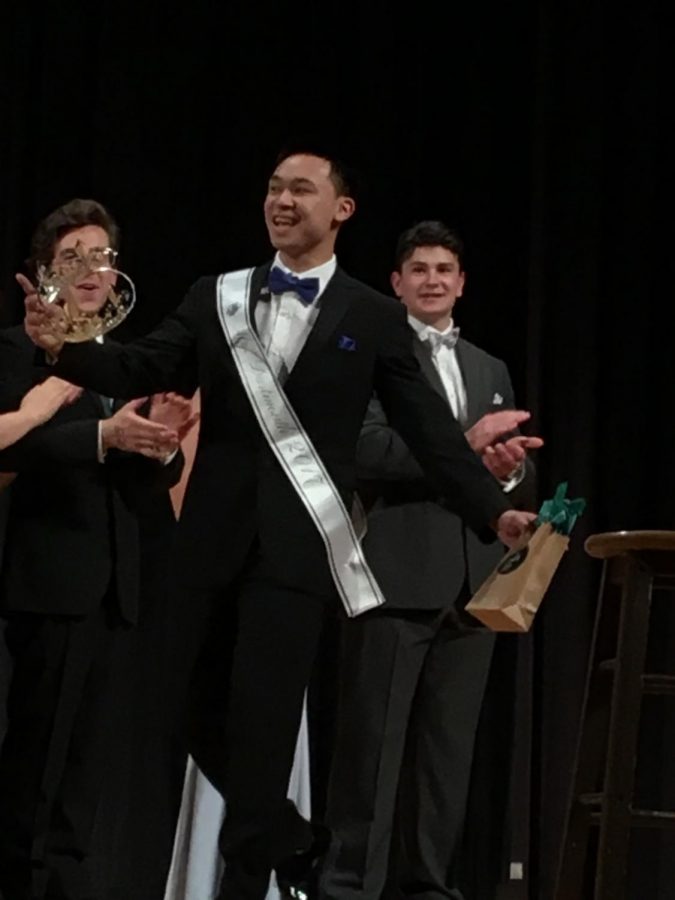

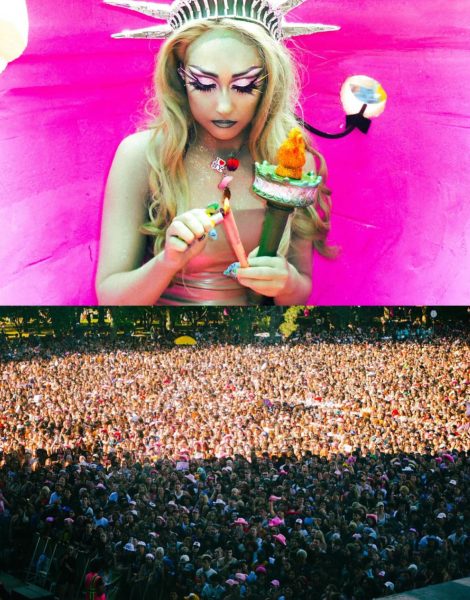

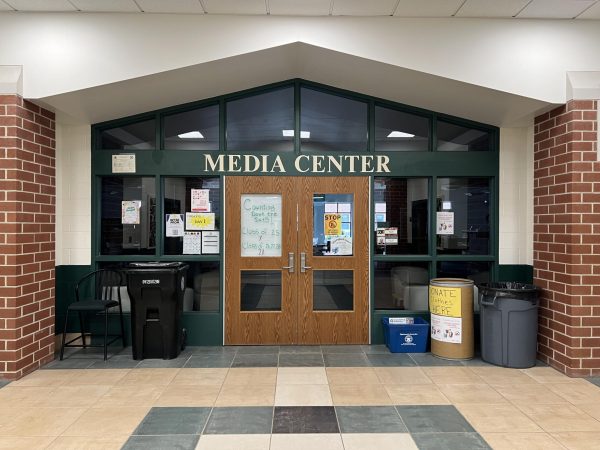



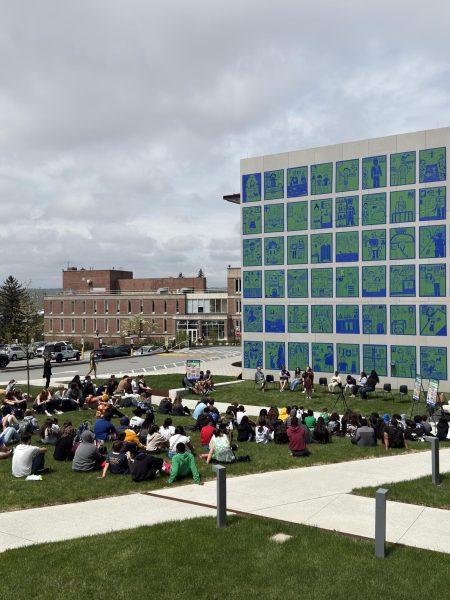
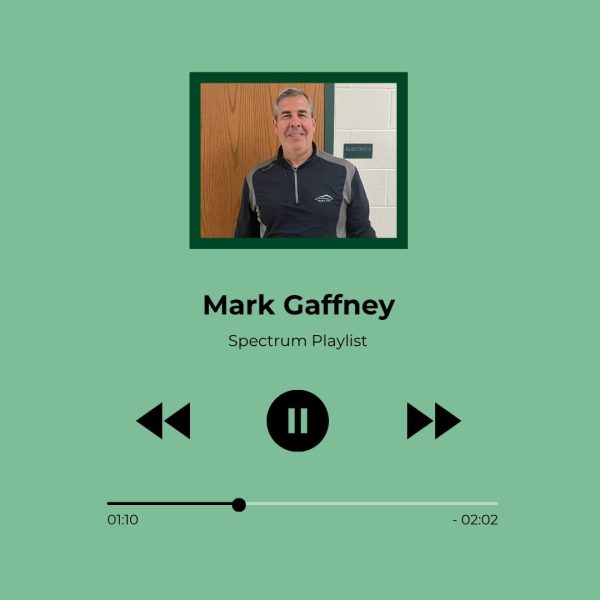
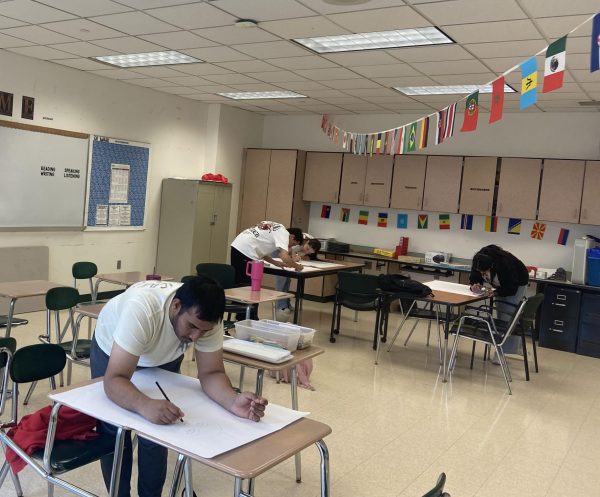

LILI CHAMBERLAIN • Oct 4, 2019 at 1:06 pm
I completely agree, Drew. I loved helping organize Mr. Dartmouth last year and it was a really fun event. But I don´t see this as a negative at all. For years, girls have asked, ¨Can I try out for Mr. Dartmouth?¨ Now everyone gets a chance. Honestly, Mr. Dartmouth is one of my favorite events of the year. Now Dartmouth´s Best will be. We can acknowledge that something was fun while it lasted – while still embracing a change that is certainly for the better. Thank you, Class of 2021, for taking on this much needed challenge!